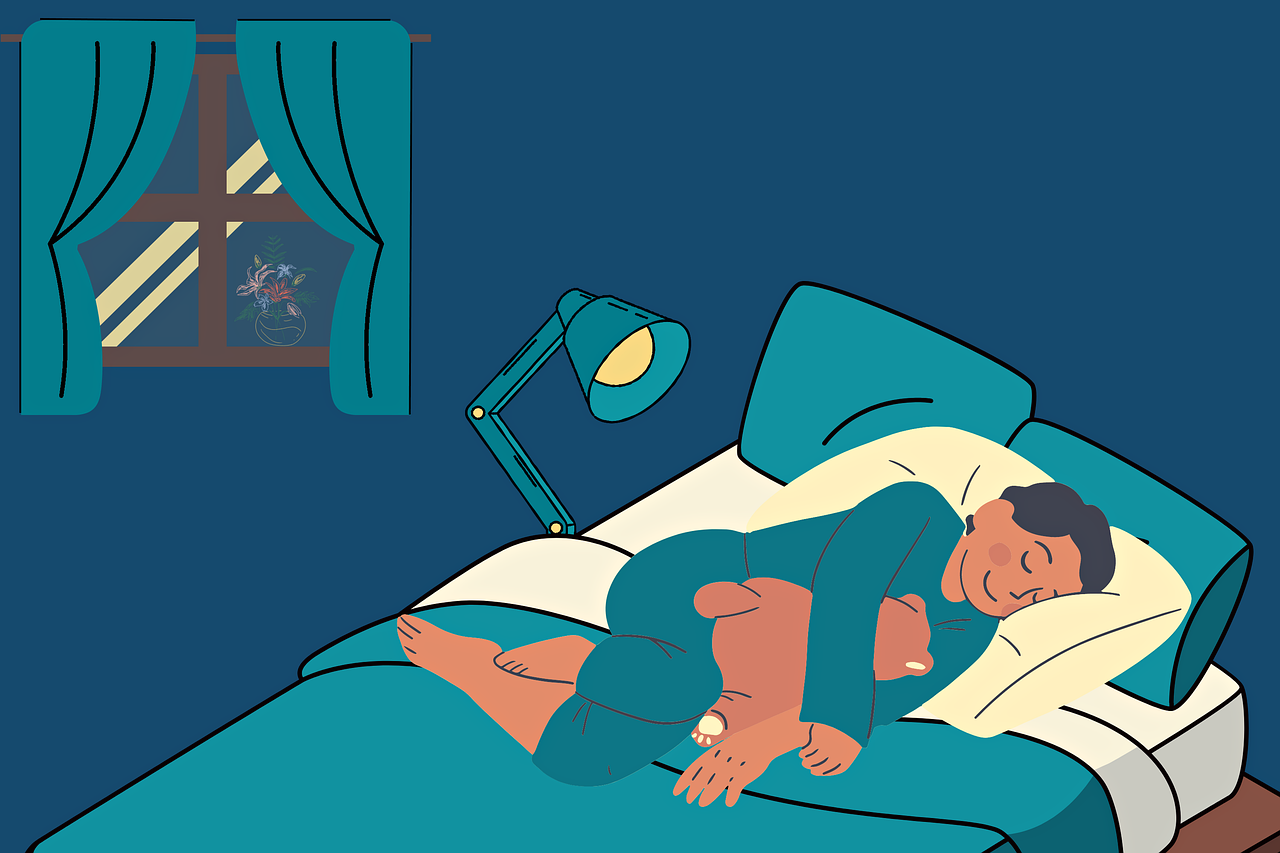The Key Vitamin D Shot Benefits You Need to Know

🤔 Are you tired of feeling sluggish and run down? Do you struggle with hair loss, skin issues, or anxiety? You’re not alone. Vitamin D deficiency is a common problem that can have a significant impact on your overall health. But the good news is that vitamin D can be a game-changer. In this article, we’ll explore the top 10 benefits of vitamin D for your health, from hair loss to skin health, anxiety, and more.
Key Findings
🔹 Vitamin D Deficiency: A deficiency in vitamin D can lead to a range of health problems, including hair loss, skin issues, and anxiety.
🔹 Research: Studies have shown that vitamin D deficiency is common, with estimates suggesting that up to 40% of the population may be deficient.
🔹 Impact: Vitamin D deficiency can have a significant impact on overall health, increasing the risk of chronic diseases such as osteoporosis, diabetes, and heart disease.
🔹 Vitamin D shot benefits: Vitamin D supplements have been shown to have numerous benefits, including improved bone health, increased muscle strength, reduced risk of chronic diseases, and improved mental health.

Vitamin D Calculator
What is Vitamin D?
Vitamin D is a fat-soluble vitamin that is crucial in maintaining strong bones, calcium levels, immune function, depression prevention, and overall health; the vitamin D benefits are far-reaching and impact numerous aspects of well-being for both adults and children. It’s often referred to as the “sunshine vitamin” because it’s produced in the skin when we’re exposed to sunlight. But did you know that vitamin D is also essential for hair growth, skin health, and mental well-being? 🌞
1. Benefit of vitamin D for Hair Loss
Hair loss is a common problem that affects millions of people worldwide. It can be caused by a variety of factors, including genetics, hormonal imbalances, and nutrient deficiencies. Vitamin D deficiency is a common cause of hair loss in both adults and children, and it can have a significant impact on overall health, including depression prevention.
1. How does Vitamin D Help with Hair Loss?
Vitamin D plays a crucial role in the growth cycle of hair. It helps regulate the production of keratin, a protein that is essential for hair growth. Vitamin D also helps regulate the activity of hair follicles, which can help promote hair growth and reduce the risk of hair loss.
2. The Connection Between Vitamin D and Hair Loss
Studies have shown that vitamin D deficiency is a common cause of hair loss. One study found that 70% of people with hair loss had a vitamin D deficiency. Vitamin D deficiency can lead to hair loss in several ways. Firstly, it can cause an imbalance in the production of keratin, which can lead to hair thinning and loss. Secondly, it can cause an increase in the production of dihydrotestosterone (DHT), a hormone that can contribute to hair loss.
3. The Benefits of Vitamin D for Hair Loss
Vitamin D supplements have been shown to have numerous vitamin D benefits for hair loss, as well as being one of the 10 benefits of vitamin D that contribute to overall health. They can help promote hair growth, reduce the risk of hair loss, and improve the overall health of the hair. Vitamin D supplements can also help reduce the risk of other health problems, such as osteoporosis and diabetes.
4. How to Get Vitamin D for Hair Loss
Vitamin D supplements have been shown to have numerous vitamin D benefits for hair loss. Firstly, you can take vitamin D supplements. Vitamin D supplements are available in various forms, including capsules, tablets, and liquid drops. You can also get vitamin D from fatty fish, egg yolks, and fortified dairy products. Additionally, you can get vitamin D from sunlight exposure, as the skin produces vitamin D when it is exposed to sunlight.
2. Benefit of vitamin D for Skin Health
Vitamin D is essential for overall health, and it plays a crucial role in maintaining healthy skin. Vitamin D deficiency has been linked to a range of skin problems, including acne, eczema, and psoriasis. In this section, we’ll explore the benefits of vitamin D for skin health and how it can help improve the overall health of your skin.
Vitamin D is crucial in maintaining healthy skin by promoting cell growth, repair, and metabolism. It also helps combat skin conditions like psoriasis and eczema, enhances skin immunity, and protects against harmful UV radiation, contributing significantly to overall skin health and appearance. (Holick, 2008).
1. How Vitamin D Helps with Skin Health
Vitamin D helps regulate the immune system, which can help reduce inflammation and improve skin health. It also helps regulate the production of keratin, a protein that is essential for skin health. Vitamin D deficiency can lead to skin problems, such as acne, eczema, and psoriasis, by disrupting the normal functioning of the skin.
2. The Connection Between Vitamin D and Skin Health
Studies have shown that vitamin D deficiency is a common cause of skin problems. One study found that 80% of people with acne had a vitamin D deficiency. Vitamin D deficiency can lead to skin problems in several ways. Firstly, it can cause an imbalance in the production of keratin, which can lead to skin problems such as acne and eczema. Secondly, it can cause an increase in the production of inflammatory chemicals, which can lead to skin problems such as psoriasis.
3. The Benefits of Vitamin D for Skin Health
Vitamin D supplements have been shown to have numerous benefits for skin health. They can help reduce the risk of skin problems, such as acne, eczema, and psoriasis. Vitamin D supplements can also help improve the overall health of the skin, by regulating the production of keratin and reducing inflammation.
4. How to Get Vitamin D for Skin Health
There are several ways to get vitamin D for skin health. Firstly, you can take vitamin D supplements. Vitamin D supplements are available in various forms, including capsules, tablets, and liquid drops. You can also get vitamin D and calcium from fatty fish, egg yolks, and fortified dairy products. Additionally, you can use a vitamin d food calculator to track your intake from various sources like sunlight exposure, as the skin produces vitamin D when it is exposed to sunlight.
3. Benefit of Vitamin D for Anxiety
Anxiety is a common problem that affects millions of people worldwide. But did you know that vitamin D deficiency is a common cause of anxiety? 💆♀️ Vitamin D helps regulate the nervous system, and a deficiency can lead to feelings of anxiety, stress, and depression. But don’t worry – vitamin D supplements can help reduce anxiety and promote a sense of calm.
How Vitamin D Helps with Anxiety
• Vitamin D helps regulate the nervous system
• Vitamin D deficiency can lead to feelings of anxiety, stress, and depression
• Vitamin D supplements can help reduce anxiety and promote a sense of calm
4. Benefit of vitamin D in Foods
Vitamin D is an essential nutrient that can be obtained through a variety of foods. In this section, we’ll explore the benefits of vitamin D in foods and how it can be incorporated into your diet.
1. How Vitamin D is Found in Foods
Vitamin D is found in a variety of foods, including fatty fish, egg yolks, and fortified dairy products. Fatty fish such as salmon, mackerel, and sardines are excellent sources of vitamin D. Egg yolks are also a good source of vitamin D, as are fortified dairy products such as milk and cheese.
2. The Benefits of Vitamin D in Foods
Vitamin D in foods has numerous benefits for overall health, including depression prevention. It can help regulate the production of keratin, a protein that is essential for skin health. Vitamin D in foods can also help regulate the immune system, which can help reduce the risk of chronic diseases such as osteoporosis and diabetes.
3. How to Incorporate Vitamin D-Rich Foods into Your Diet
There are several ways to incorporate vitamin D-rich foods into your diet, and you can use a vitamin D food calculator to help track your intake. Firstly, you can include fatty fish such as salmon, mackerel, and sardines in your meals. You can also include egg yolks in your diet, either by eating them raw or by using them in recipes. Fortified dairy products such as milk and cheese are also good sources of vitamin D.
5. Tips for Getting Enough Vitamin D from Foods
Here are some tips for getting enough vitamin D from foods:
- Consider taking a vitamin D supplement if you are not getting enough from your diet
- Eat fatty fish at least twice a week
- Include egg yolks in your diet
- Choose fortified dairy products
5. Benefit of vitamin D for Athletes
Vitamin D is essential for athletes, as it helps regulate the immune system, enhance muscle strength, and reduce the risk of injury. 🏋️♀️ But did you know that vitamin D deficiency is common among athletes, particularly those who are vegetarian or vegan? Vitamin D supplements can help ensure athletes get enough of this essential vitamin to support their performance and overall health.
How Vitamin D Helps Athletes
• Vitamin D helps regulate the immune system
• Vitamin D deficiency can lead to increased risk of injury and illness
• Vitamin D supplements can help ensure athletes get enough of this essential vitamin to support their performance and overall health
Vitamin D is a powerful vitamin that is crucial in maintaining overall health, especially for children. From hair loss to skin health, anxiety, and more, vitamin D can have a significant impact on your well-being. By incorporating vitamin D-rich foods into your diet and considering supplements, you can ensure you’re getting enough of this essential vitamin to support your health and well-being. 🌞
FAQs
Q: What are the benefits of vitamin D?
A: Vitamin D is essential for overall health, and it can help with hair loss, skin health, anxiety, and more.
Q: How do I get vitamin D?
A: You can get vitamin D from fatty fish, egg yolks, and fortified dairy products, as well as supplements.
Q: What are the risks of vitamin D deficiency?
A: Vitamin D deficiency can lead to hair loss, skin problems, anxiety, and more.
Q: Can I get too much vitamin D?
A: Taking too much Vitamin D can lead to toxicity. Always consult with a healthcare professional before taking supplements.
Q: Can you take vitamin D at night?
A: Yes, you can take vitamin D at night. Vitamin D can be taken at any time of day, but it’s best to take it with a meal to improve absorption. Some people prefer taking it in the morning, as taking it late at night may disrupt sleep in some individuals, though this is not common.




